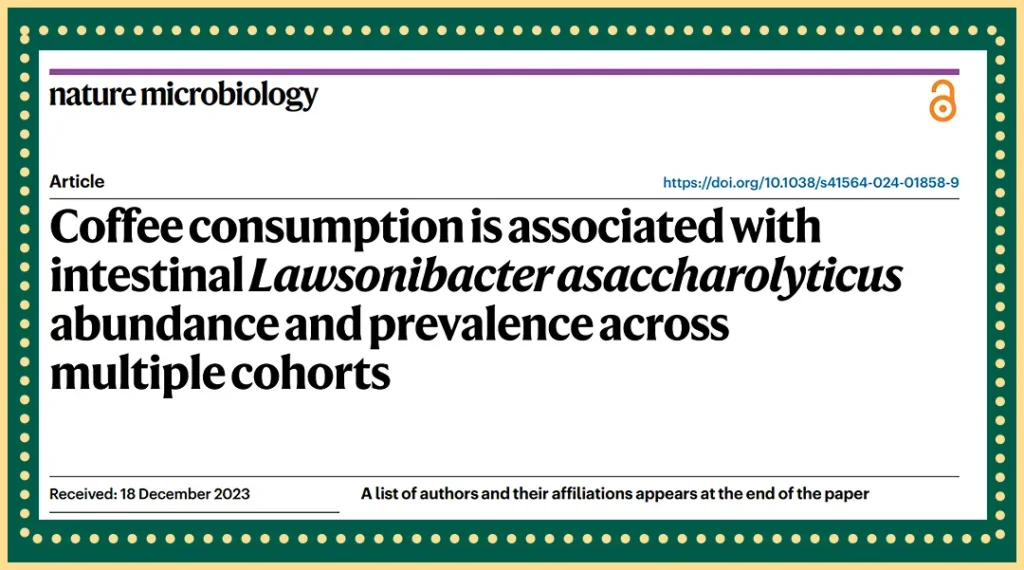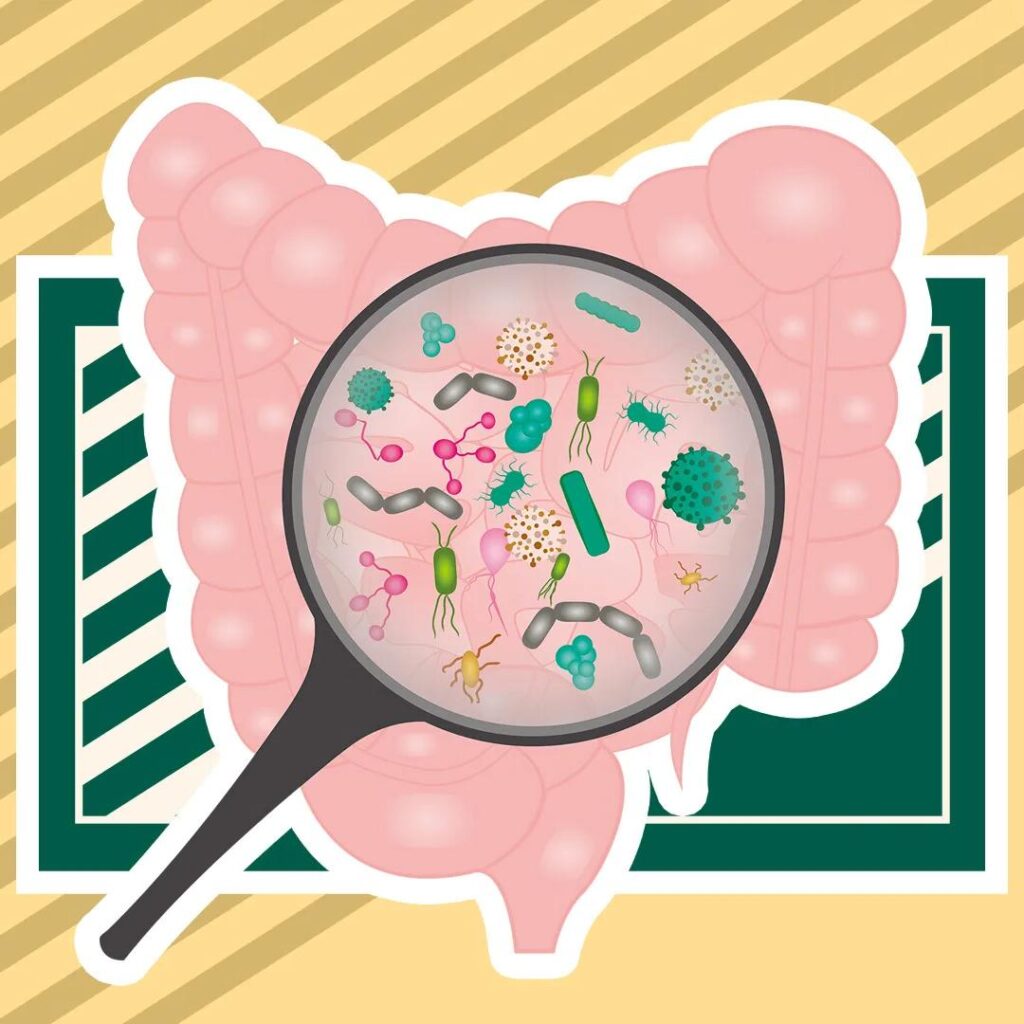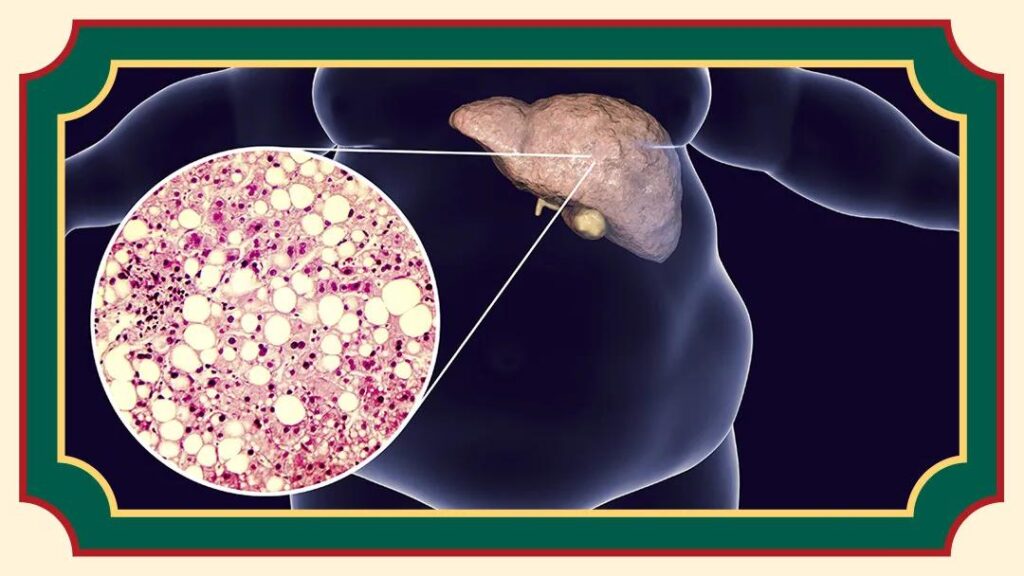The Surprising Health Benefits of Coffee
If you’ve been hesitant about drinking coffee, especially due to concerns about added sugar, a recent study from Harvard University might ease your worries. The study found that daily coffee consumption can lead to significant health benefits. These include changes in your gut microbiome, improved longevity, and reduced skin aging. However, it’s essential to understand the right amount to consume for these benefits.

Coffee’s Surprising Impact on Gut Health
A groundbreaking study published in Nature Microbiology explored the effects of consistent coffee consumption on gut health. Researchers analyzed the coffee consumption habits and stool samples of 77,000 participants. They were divided into three groups based on their coffee intake:
- Low coffee consumption (less than 3 cups per month or no more than 20 grams of coffee per day)
- Moderate coffee consumption (21-599 grams of coffee per day)
- High coffee consumption (more than 3 cups per day or more than 600 grams of coffee per day)
The results showed that individuals with higher coffee consumption had much higher levels of Eubacterium hallii, a beneficial gut bacterium. The high coffee group had 4.5 to 8 times more Eubacterium hallii than the low coffee group, while the moderate group had 3.4 to 6.4 times more.

Why is this important? Eubacterium hallii helps suppress harmful bacteria, improve the gut microbiome structure, and strengthen the gut barrier function. This creates an ideal environment for other beneficial bacteria to thrive, promoting overall gut health. Interestingly, Eubacterium hallii remains dormant until activated by coffee consumption.
The Impact of Decaffeinated Coffee
Many people worry about coffee’s caffeine content and its potential to cause heart palpitations. The study also looked at decaffeinated coffee and found that it, too, boosted Eubacterium hallii levels significantly. This suggests that coffee’s health benefits come from other compounds like polyphenols, chlorogenic acid, and quinine, not just caffeine. These compounds nourish gut bacteria and help maintain a healthy microbiome.
Optimal Coffee Intake for Longevity and Anti-Aging
Several studies have explored the connection between coffee consumption and long-term health, especially for the heart and brain. Here’s a breakdown of the research:
Coffee and Cardiovascular Health:
1、A meta-analysis in The British Medical Journal suggests that drinking 3-4 cups of coffee daily can lower the risk of heart disease and stroke. This moderate intake reduces coronary heart disease mortality by 16%, stroke mortality by 30%, and overall cardiovascular mortality by 19%. However, drinking more than 10 cups a day could increase the risk of heart failure. It’s recommended to consume 2-5 cups per day, keeping your total daily caffeine intake under 400 mg.

Coffee and Brain Health:
2、Regular coffee consumption has been linked to a reduced risk of cognitive decline, particularly in women. Studies show that caffeine boosts brain plasticity and improves memory formation. Additionally, caffeine can prevent the buildup of Tau protein, which is associated with dementia. Another compound in coffee, trigonelline, has been shown to improve learning and protect the brain from age-related changes.

Coffee and Aging:
3、Regular coffee drinkers also experience a reduction in the risk of facial skin aging. A study in Ageing Research Reviews found that higher coffee intake is associated with a 15% reduction in the risk of facial skin aging.

Coffee and Liver Health:
4、Studies show that moderate coffee consumption is beneficial for liver health. Drinking 1-2 cups of coffee daily can lower the risk of liver fibrosis in people with non-alcoholic fatty liver disease (NAFLD) by 33%. Coffee also has a positive effect on eye health, as it is linked to the thickness of the macular retinal nerve fiber layer.

Conclusion
Moderate coffee consumption provides a wide range of health benefits. From promoting gut health and cardiovascular protection to preventing cognitive decline and even reducing skin aging, coffee is more than just a morning pick-me-up. Whether you prefer caffeinated or decaffeinated, coffee can be a valuable part of a healthy lifestyle. Just be mindful of your daily intake—2-5 cups should be enough to reap the benefits!



















